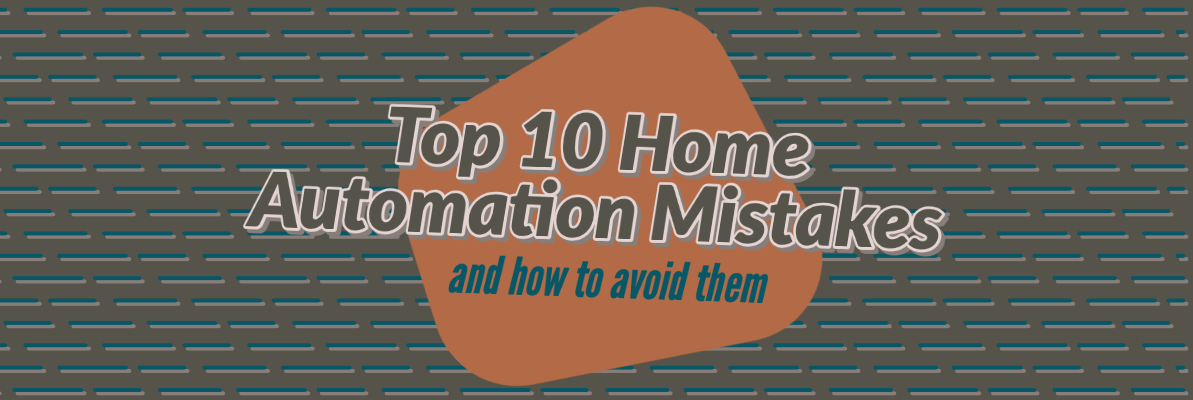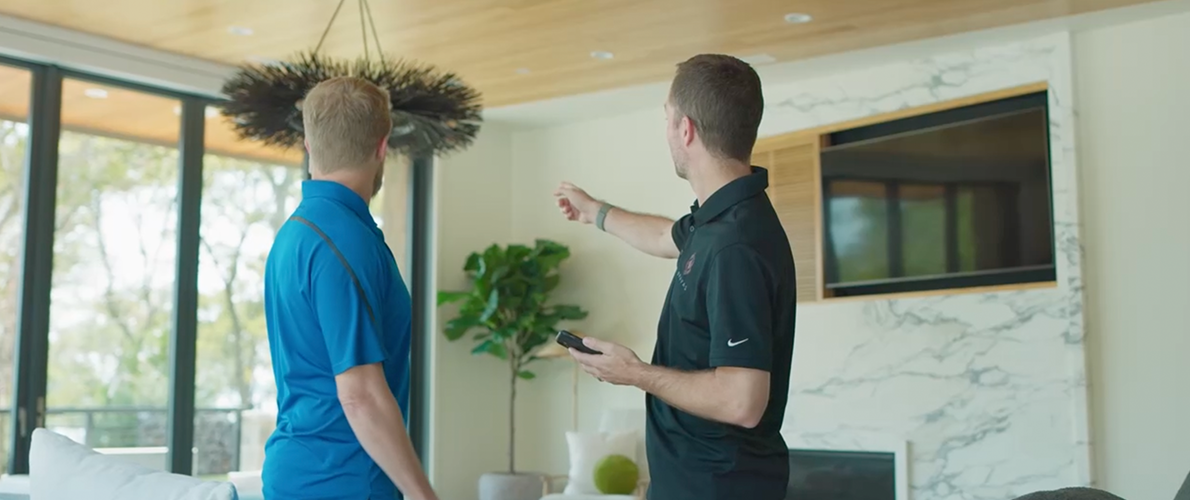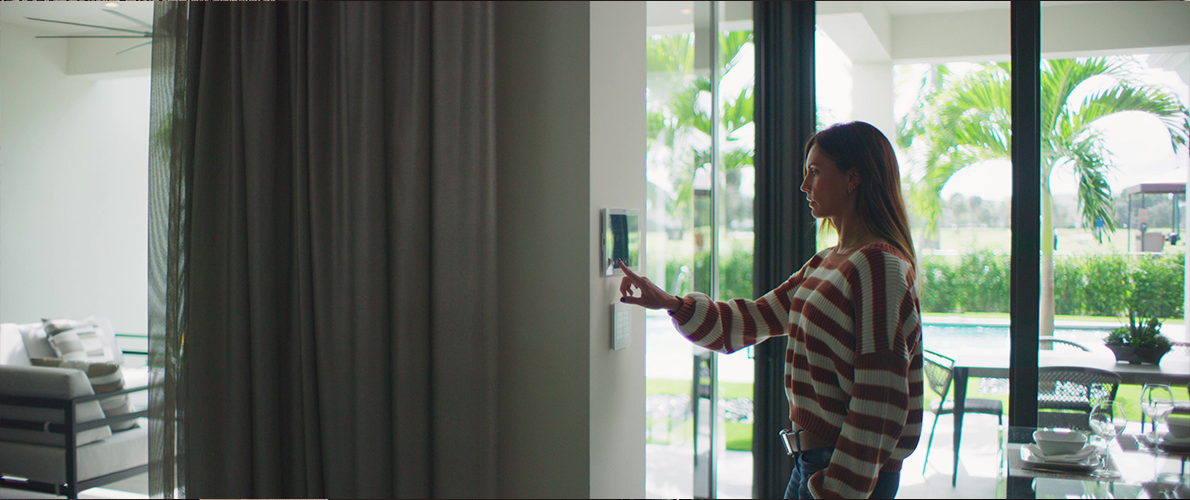
Top 10 Home Automation Mistakes
When discussing homes today, conversations typically turn to home automation. Friends, neighbors, social media, and websites proclaim the best solutions and tools to make your home smart. But generic information can and does lead to some very poor outcomes. Talking with the Smart Spaces team, we came up with this list of 10 mistakes we often see.
1. Assuming you can do it all DIY.
DIY home automation brands make it seem easy, but often even the easy things aren’t straightforward. Just getting Apple HomeKit to work can require hours more time than was planned, if you get it working at all. The more distinct elements you want to automate, the harder it gets.
2. Not Asking for Help.
The world is full of people who understand how to make all this work. Companies like Smart Spaces are here to remove the pain while improving the final result.

3. Choosing Products That Aren't Compatible.
When you opt for the most well-known product in each category, you may find they don't work with each other. Most systems will function better if you focus more on compatibility than choosing based on individual features you enjoy.
4. Not Thinking About How Your Smart Home Will Affect Wi-Fi.
Every device you install uses network bandwidth, which can take some planning, especially if you want to use wireless devices. A Wi-Fi network upgrade is one of the most common fixes to a home automation system that isn’t performing as expected.
5. Going cheap.
Many enthusiasts choose a less reputable brand because the products are cheaper. They may be more affordable for a reason, and one of the most common reasons is poor quality software. Many seemingly well-designed systems fail due to software that isn’t up to the task.
6. Overcomplicating Your System.
Some systems are so complex that only the person who installed them can make them work. Think about the least technical person in the house and ensure they can use it, ideally from a single app or remote.

7. Not Changing the Usernames and Passwords.
Most smart home devices come with standard IDs and Passwords, and you should change them to protect your home. A common example we see is wireless routers, in which every model a brand makes ships with the same login and password.
8. Not Completing Security Updates on Apps.
Almost any device has software or firmware that needs to be updated for security or capability reasons. These should always be done to protect your home, but doing so without understanding the consequences may cause compatibility issues with other devices in your system.
9. Poor Planning for a Rental Home.
If you plan to lend or lease your home, don't build a solution that can't be operated easily by someone coming in for a few days. Choose a truly intuitive system, or you may find you have created a problem for yourself.
10. Forgetting to Remove Personal Information Before You Move.
Make sure that when you move out, you can reset all the systems to a base level where your information is not exposed. You may find calling the new homeowner to change your password hard, or worse, you may do technical support for the new homeowner.
To make this more complex, many of these are interrelated. Using a company like Smart Spaces can help you make more informed decisions, while also installing and programming your system so you can simply enjoy it. If you want Smart Spaces to help you avoid mistakes while making your home a better place to live, work, and play, please reach out today.











